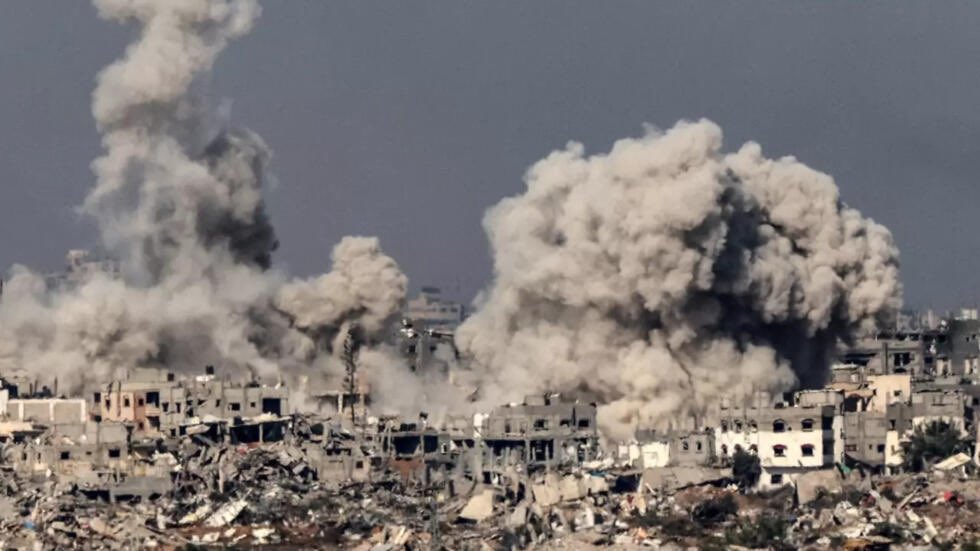Tehran Hardens Posture After Ceasefire, Moves Against US at UN
Tehran is sharpening its diplomatic and nuclear posture even after a ceasefire paused 12 days of conflict triggered by Israeli strikes on Iranian territory.
Deputy Foreign Minister Saeed Khatibzadeh was quoted by Iranian media as saying that Iran will file a formal complaint at the United Nations demanding compensation from the United States for damages caused by American strikes on its nuclear sites.
 |
| Image Source: YousefHammash on X |
The US attacks on Natanz, Fordow, and Isfahan on June 22 escalated the conflict after Israel first targeted Iranian military, nuclear, and civilian sites on June 13.
While Washington claimed the strikes set back Iran’s nuclear capabilities, Tehran maintains that its program remains intact and fully operational.
Khatibzadeh dismissed any suggestion of a negotiated ceasefire, stating that no written agreement exists with Israel.
Instead, he described the pause in Israeli attacks as a result of Iran’s sustained military response, including 22 waves of missile strikes under "Operation True Promise III" which, he said, inflicted substantial damage inside Israeli territory.
Meanwhile, Iran’s parliament voted overwhelmingly to suspend cooperation with the International Atomic Energy Agency (IAEA), accusing the global nuclear watchdog of failing to condemn the attacks on its nuclear infrastructure.
Lawmakers cited the agency’s inaction as a breach of its responsibilities under the Nuclear Non-Proliferation Treaty (NPT), which Iran says has failed to protect its peaceful nuclear rights despite two decades of transparency.
IAEA Director General Rafael Grossi acknowledged Iran’s advanced nuclear capabilities, stating that the country’s industrial and technical expertise is indisputable.
He emphasized the importance of reinstating inspectors but refrained from directly criticizing the US or Israel for the strikes.
Foreign Minister Abbas Araghchi suggested that Iran may reassess its entire engagement with the NPT, warning that years of cooperation have yielded no security guarantees.
He underscored that Iran’s nuclear program would continue undeterred, noting the sacrifices of Iranian scientists and the strategic significance of its technological achievements.
Araghchi also stressed that the American intervention exposed Israel’s inability to unilaterally subdue Iran.
He credited Russia for taking a strong position against the strikes, highlighting ongoing cooperation between Moscow and Tehran, particularly at the Bushehr nuclear facility.
Regional solidarity has also emerged, with several Islamic nations voicing support for Iran and condemning the aggression.
Even as hostilities have paused, Tehran’s Supreme National Security Council and Revolutionary Guards have stated that Iranian forces remain on full alert.
Officials warned that any future aggression would trigger an immediate and overwhelming response.
The ceasefire, announced by US President Donald Trump on June 24, has so far prevented further escalation, but the broader crisis surrounding Iran’s nuclear program and its confrontation with Israel and the US remains unresolved.
